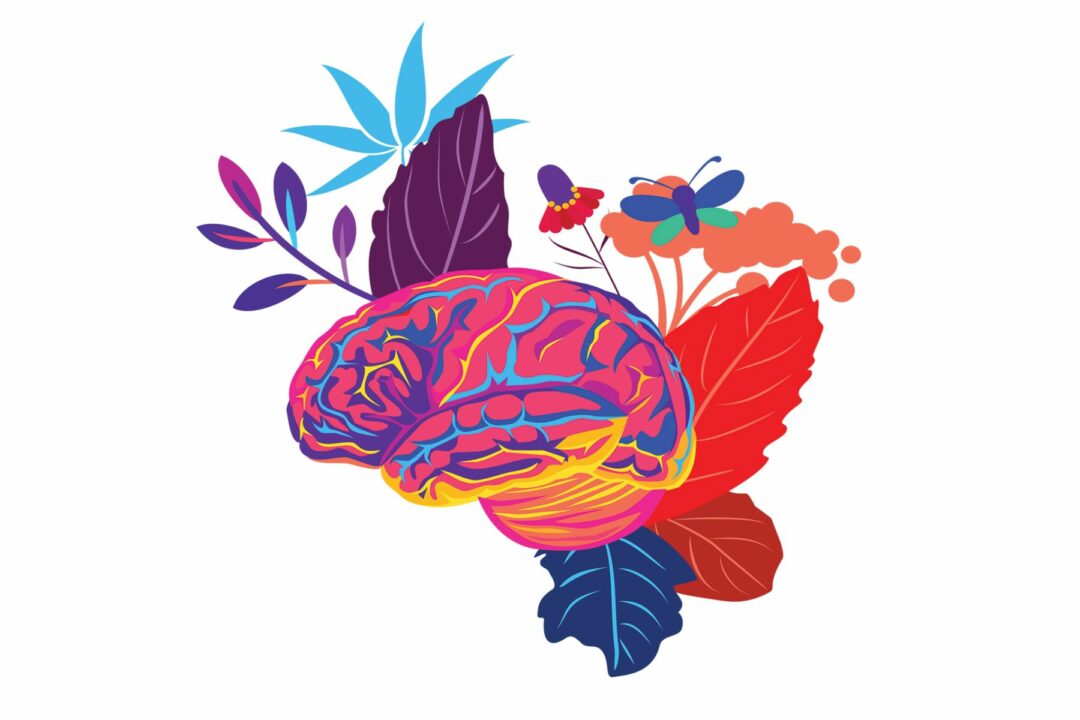This study used data from the Korea National Health and Nutritional Examination Survey for 2014, 2016, and 2018. 5,807 women were included. The findings: Among the premenopausal women, dietary fiber intake was higher in the non-depression group than in the depression group, while there was no significant difference among postmenopausal women. The study concluded that dietary fiber intake is associated with lower depression rates in premenopausal women.
Related: Keys to Happy, Healthy, & Stress-Free BIPOC May Experience Relief from Effects of Racism Through Psychedelics The Natural View: Naturally Informed Virtual Events 2021 Sneak Preview!
"This study highlights an important link between dietary fiber intake and depression, but the direction of the association is unclear in this observational study, such that women with better mental health may have had a healthier diet and consumed more fiber, or a higher dietary fiber intake may have contributed to improved brain health by modulating the gut microbiome or some combination. Nonetheless, it has never been more true that 'you are what you eat,' given that what we eat has a profound effect on the gut microbiome which appears to play a key role in health and disease," says Dr. Stephanie Faubion, NAMS medical director.









